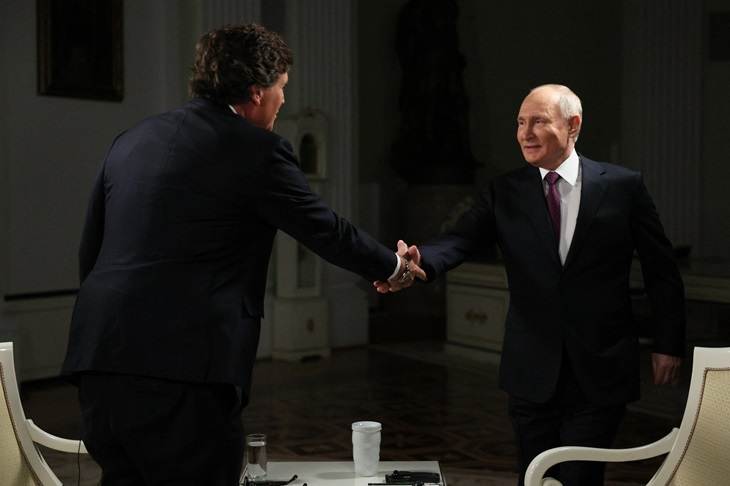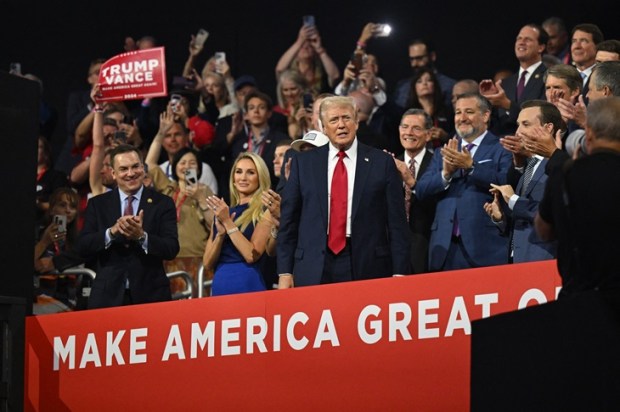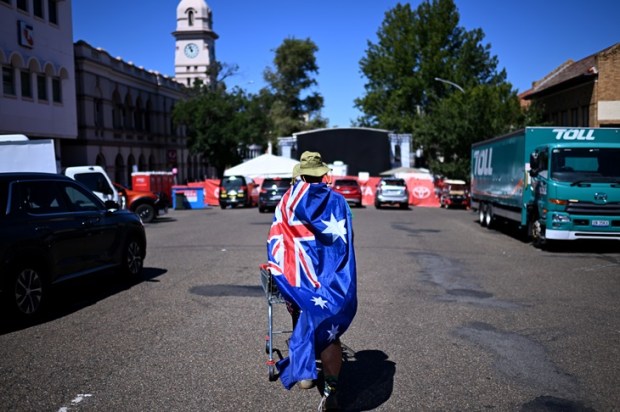Let’s be clear. Tucker Carlson didn’t interview Vladimir Putin.
Vladimir Putin addressed Americans through Tucker Carlson.
The mainstream media’s horror at Tucker’s interview ‘coup’ was misplaced. By ridiculing Carlson for speaking with the dictator, they amplified Putin’s preferred narrative: that he is the victim of some kind of conspiracy of censorship. A misunderstood leader being silenced by the evil deep state of the USA…
Given the state of America right now, this narrative plays into some hard truths.
Already a subscriber? Log in
Subscribe for just $2 a week
Try a month of The Spectator Australia absolutely free and without commitment. Not only that but – if you choose to continue – you’ll pay just $2 a week for your first year.
- Unlimited access to spectator.com.au and app
- The weekly edition on the Spectator Australia app
- Spectator podcasts and newsletters
- Full access to spectator.co.uk


























Comments
Don't miss out
Join the conversation with other Spectator Australia readers. Subscribe to leave a comment.
SUBSCRIBEAlready a subscriber? Log in